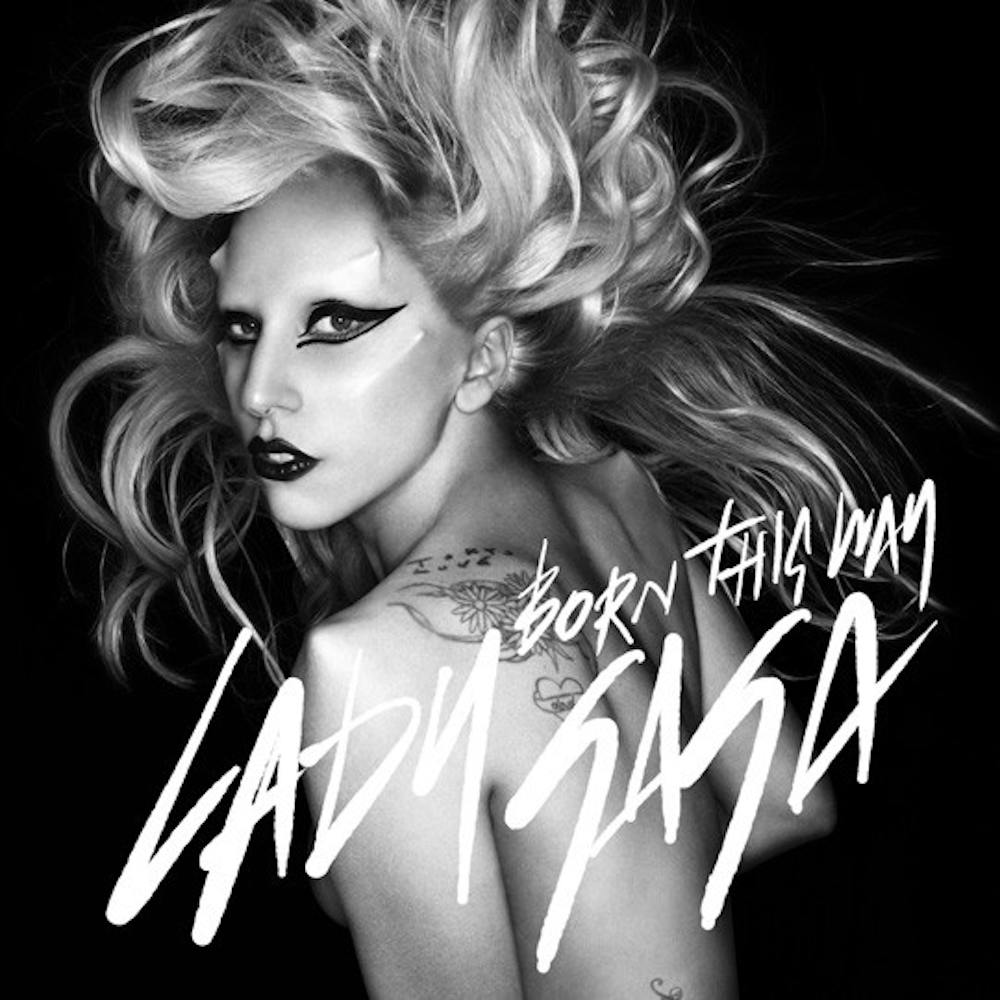When Lady Gaga released the lyrics to “Born This Way” a few weeks ago, many were skeptical of the song’s simplistic and moralistic message. After all, how many different ways can you tell people to be who they are without sounding like a broken record?
But Gaga is too smart of an artist to fall in the trap of trite repetition. Nor is she allowing pretension to creep into her production. She doesn’t try to top the brilliance of “Bad Romance” by creating noisier kicks or more epic vocal solos; she instead has crafted an endlessly catchy, tight song that brings decades of pop influence into the 21st century.
Upon the track’s release, some people have called foul, pointing to Madonna’s “Express Yourself” as its direct source. Famed songwriter Ryan Teddy even believes that the similarities are so transparent that there are grounds for a lawsuit.
But “Born This Way” is only influenced by the past, not trapped by it. Supposedly written in 10 minutes, the song isn’t particularly thought-provoking. In fact, it is so simplistic that queer-minded individuals have condemned it for promoting essentialism; after all, the pro–gay argument that LGBT individuals are just born that way is highly problematic. But for some reason, while I too am turned off by the ‘born this way’ argument, I can’t stop listening to Gaga’s single.
I think that my attraction to the song stems from its silliness. Gaga sings, “You’re black, white, beige, Chola descent / You’re Lebanese, you’re Orient!” Listing such blatant categories, headlined by long–retired words, can only be self–consciously playful. Coupled with a fast–paced beat and sense of whimsical fury, the song’s connection to a gay disco tradition becomes clear.
In this way, “Born This Way” ultimately belongs to the fantastical world of pop. Many have complained that it’s overtly trying to be an anthem, but I think that’s a bit unfair. Yes, it’s trying to be an anthem, but at the same time it’s also celebrating the flamboyance of anthems in general. Its hyper–inclusion of different “types” of people is ridiculous, so much so that these overly fixed categories lose importance and we are instead left with a collective self-affirmation... one underscored, of course, by jubilant dancing.
4.5/5 Stars

